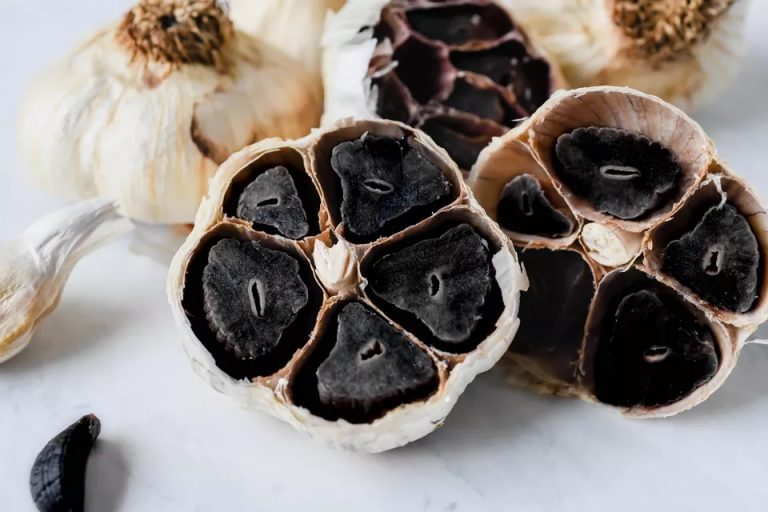
There’s nothing like a romantic kiss. It is the climax of every great love story and an experience that has motivated poets and musicians for thousands of years. It’s also a wonderful example of a behavior that is both nature and nurture. Humans have an instinctive drive to connect through kissing, but the style and expression is shaped by our culture and personal experiences.
Beneath the surface, a kiss serves as the ultimate litmus test for a relationship. It can urge us to pursue a deeper connection with someone special or act as a warning to back off when something just doesn’t feel right. Science is finally beginning to unravel the mystery of how this happens.
While we don’t often think of them in this way, human lips are the body’s most exposed erogenous zone. Packed with sensitive nerve endings, even a light brush sends a cascade of information to our brains helping us to decide whether we want to continue and what might happen next.
Lip contact involves five of our 12 cranial nerves as we engage all of our senses to learn more about a partner. Electric impulses bounce between the brain, lips, tongue and skin, which can lead to the feeling of being on a natural “high” because of a potent cocktail of chemical messengers involved.
A passionate kiss acts like a drug, causing us to crave the other person thanks to a neurotransmitter called dopamine. This is the same substance involved in taking illegal substances such as cocaine, which is why the novelty of a new romance can feel so addictive. Dopamine is involved in sensations of reward, making us feel intense desire that can lead to feelings of euphoria, insomnia, and loss of appetite, and it is only one actor in the great chemical ballet happening in our bodies.
And then there are physical changes. A kiss can cause our blood vessels to dilate, our pulse to quicken and cheeks to flush. Our pupils grow wide, which is likely one reason that so many of us are apt to close our eyes. In other words, the body’s response mirrors many of the same symptoms frequently associated with falling in love.
But let’s be honest; not every kiss leaves us wanting more.
Evolutionary psychologists at The State University of New York at Albany recently reported that 59% of men and 66% of women say that they have ended a budding relationship because of a bad kiss. How is it that such a seemingly simple exchange has the power to influence attraction dramatically?
We can readily describe sensations of butterflies in the stomach or feeling weak in the knees when things go well, but we are less aware of the ways that kissing helps us to make a reliable assessment of another person. An often-overlooked organ that’s intimately involved in the experience is the nose.Beyond obvious mood spoilers such as poor hygiene and bad breath, we each have a distinct natural scent that appears to guide us toward choosing a partner with compatible DNA.
Scientists have found that women prefer the scents of men with a complementary set of genes that code for the immune system. The benefit may be that if children come along down the line, they would be well-equipped to ward off disease.
Of course, some people worry about the way that a kiss also puts us in very close proximity to another person’s germs. But in reality, we’re more likely to get sick by shaking hands throughout the day than by kissing.
It’s necessary to include one important caveat: There seems to be a rise in the number of young people biting each other to express affection.
This may be due, in part, to vampires in Hollywood making the exchange look extremely good on the big screen. However, biting your loved ones is the least appropriate way to show you care because injecting potentially dangerous viruses and bacteria directly into someone’s blood stream can be deadly.
Blood-sucking aside, kissing allows us to cross normal social boundaries and get close enough for a reliable sample of scent, taste and possibly pheromones providing insight into long-term compatibility.




